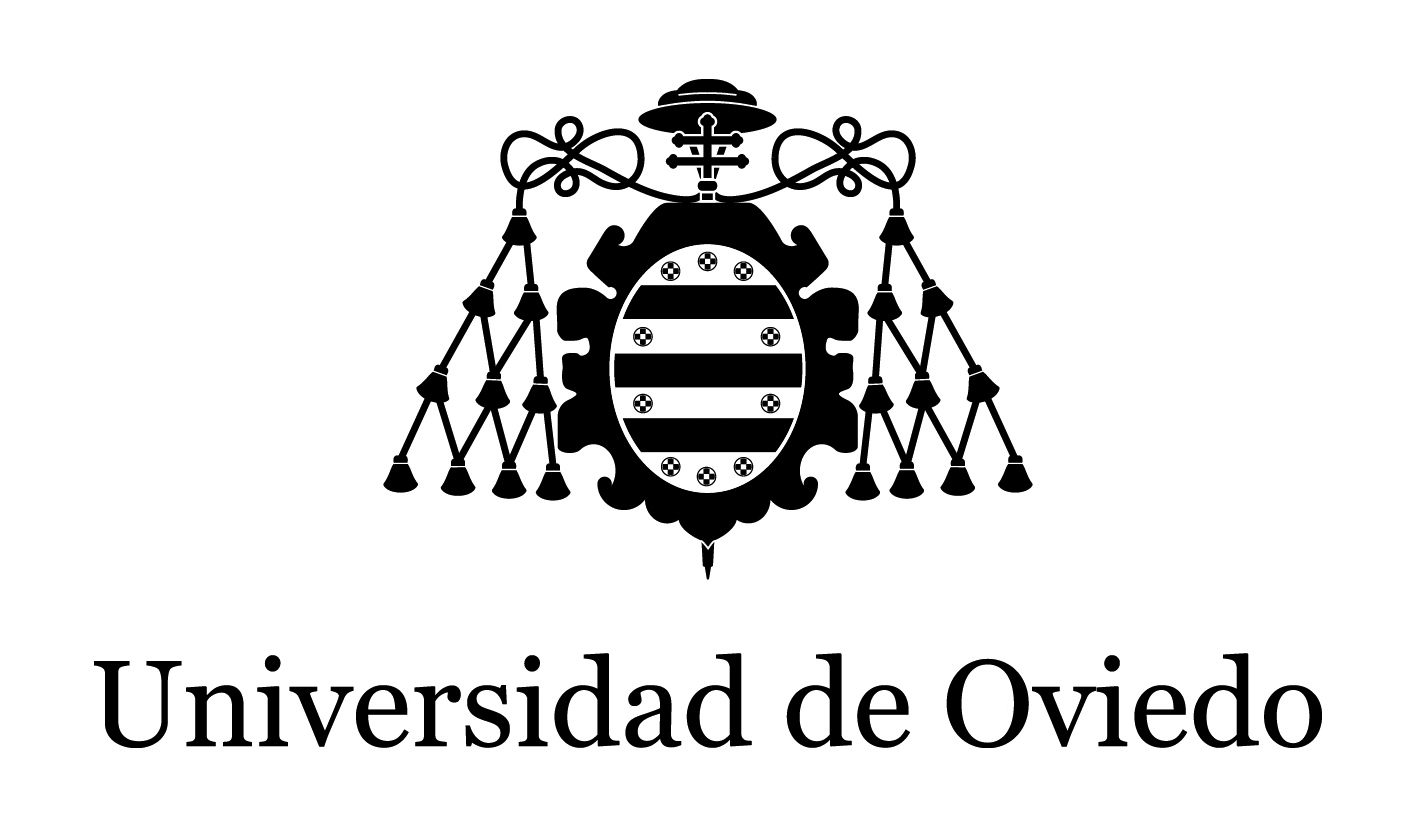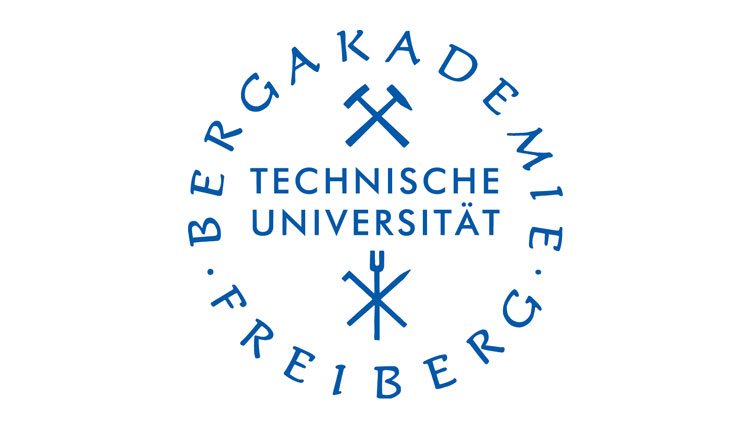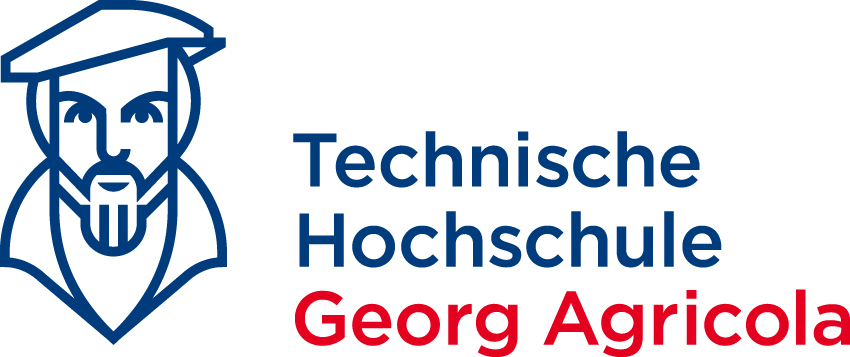Project title: Creation of a new online study course "Use of Abandoned Mines" (USAMIN)
Applicant: VŠB - Technical University of Ostrava, Faculty of Mining ang Geology
Partners:
UNIVERSIDAD DE OVIEDO, Spain
TECHNISCHE UNIVERSITAET BERGAKADEMIE FREIBERG, Germany
DMT - Gesellschaft für Lehre und Bildung mbH -Technische Hochschule Georg Agricola, Germany
POLITECHNIKA SLASKA, Poland
Project identification code: 2020-1-CZ01-KA226-HE-094221
Project duration: June 2021 – May 2023, 24 months
Project total costs: 212 010 Eur
Financed by: Erasmus+ Programme, KA2 - Cooperation for Innovation and the Exchange of Good Practices, KA203 - Strategic Partnerships for higher education
Why this project?
There is a growing need to introduce distance learning and along with it the implementation of IT technologies in teaching. The current COVID-19 pandemic places high demands on the rapid introduction and improvement of distance learning. To face this challenge, the project brings a new innovative course in the field of technical education all in e-learning form, including support to teachers to develop digital competencies to adapt to distance learning.
The main result of the project is the creation of a new course “Use of Abandoned Mines”. Thanks to the project, we will initiate the formation of a unique community of experts and exchange of experience and knowledge not only among scholars within the EU countries (Germany, Spain, Czech Republic and Poland). Most importantly, thanks to the creation of a new university course, knowledge and experience will be shared with mining and engineering students.
The project is based on shared knowledge, experience and best practice of the project partners from four European countries, who will closely cooperate during all phases of the project. Cooperation among partners enables connection of theory with practice and reflects the requirements and perspectives of stakeholders. International cooperation enables knowledge transfer and exchange of good practice, the most effective tools for enhancement of skills and professional knowledge of people.
Who?
Technical University of Ostrava, the Czech Republic, Faculty of Mining and Geology
VSB Technical University of Ostrava (VSB-TUO) is a public institution of higher education which provides tertiary education in more than one hundred accredited educational programmes in engineering, IT, technology, economics and business-related branches. A wide range of Czech and English taught programmes are offered within seven Faculties and two all-University Programmes. More about VSB–TUO at https://www.vsb.cz/en
The Faculty of Mining ang Geology (FMG) More about FMG at https://www.hgf.vsb.cz/en
UNIVERSIDAD DE OVIEDO, Spain
The University of Oviedo is a public institution of higher education and research in the Principality of Asturias. With over 400 years of history, it offers a full range of undergraduate degrees adapted to the European Higher Education Area (EHEA) in all branches of knowledge and postgraduate degree programmes in collaboration with national and international universities and more than 250 companies”.
If more information is needed, you can find it at this link: https://www.uniovi.es/en/launiversidad/panoramica
TECHNISCHE UNIVERSITAET BERGAKADEMIE FREIBERG, Germany
TECHNISCHE UNIVERSITAET BERGAKADEMIE FREIBERG
DMT - Gesellschaft für Lehre und Bildung mbH -Technische Hochschule Georg Agricola, Germany
The TH Georg Agricola University as part of DMT-LB was founded in 1816 as a school of mining and more than 200 years of tradition pay into its unique features. Today, with a future-oriented emphasis on mineral resources engineering and post-mining, materials science, mechanical engineering and process engineering, information technology or smart energy, the THGA connects its traditional knowledge with a modern focus. More about THGA at www.thga.de/en
The TH Georg Agricola University provides the perfect starting point for exploring the post-mining environment. The Research Center of Post Mining, which was established in 2015, has core tasks on the subjects of managing the subsequent effects of mining operations in a sustainable manner as well as transforming the former mining areas and infrastructures for future use. In addition to the technical issues, socio-economic and structural-political aspects of reactivation and transition are also addressed. The focal aspects of the research center are perpetual tasks and mine water management, geomonitoring in post-mining, material sciences for the preservation of industrial heritage and reactivation and transition of mine sites.
More about Research Center of Post Mining at www.post-mining.org
POLITECHNIKA SLASKA, Poland
The Silesian University of Technology (SUT) is the oldest technical university in Upper Silesia and one of the largest in the country. It was established in 1945 as a scientific and educational facility for the most industrialised area in Poland, and one of the most industrialised in Europe. For over 75 years it has been an important institution of public life. It plays a significant cultural and opinion-forming role in the region.
The Silesian University of Technology is the only university in Silesia to be included in the prestigious group of 10 Polish universities, winners of the "Excellence Initiative-Research University" competition organised by the Ministry of Science and Higher Education.
15 educational units of the University – 13 faculties and 2 institutes – currently offer more than 50 study programmes and about 200 specialisations, including the whole spectrum of engineering studies. Currently, SUT educates over 18,000 students.




